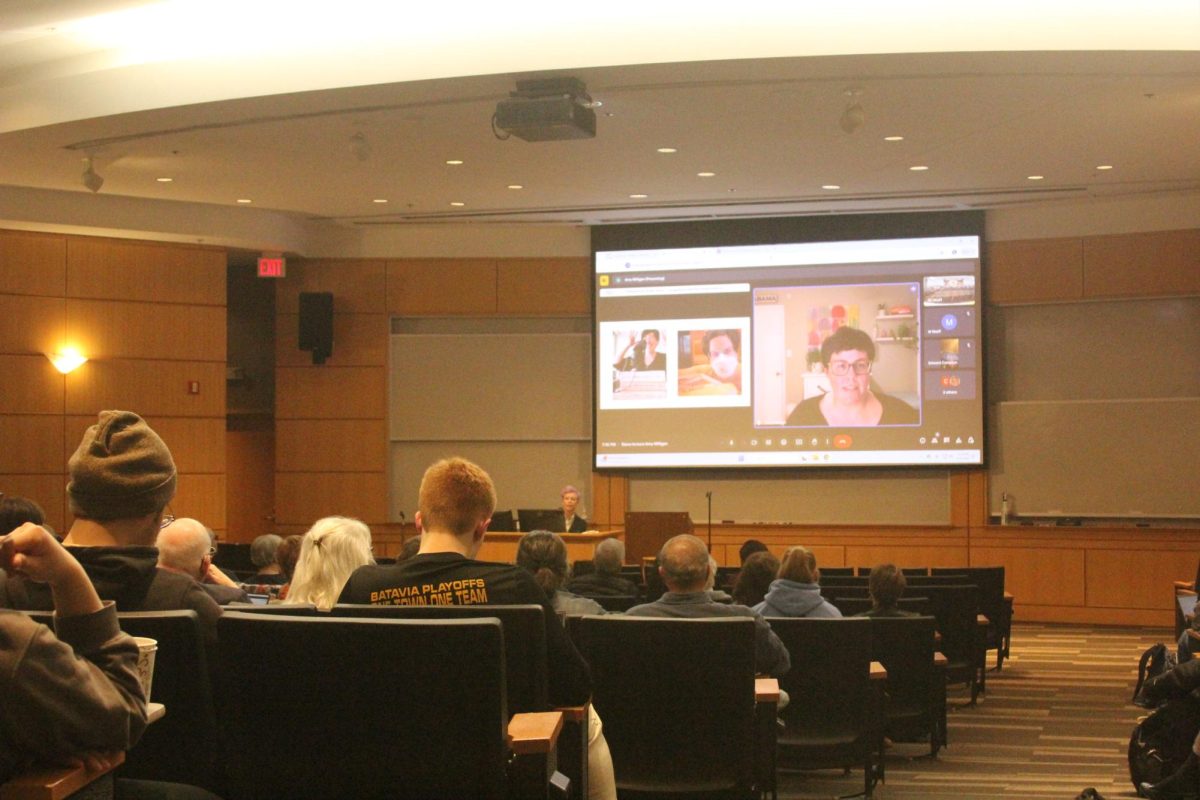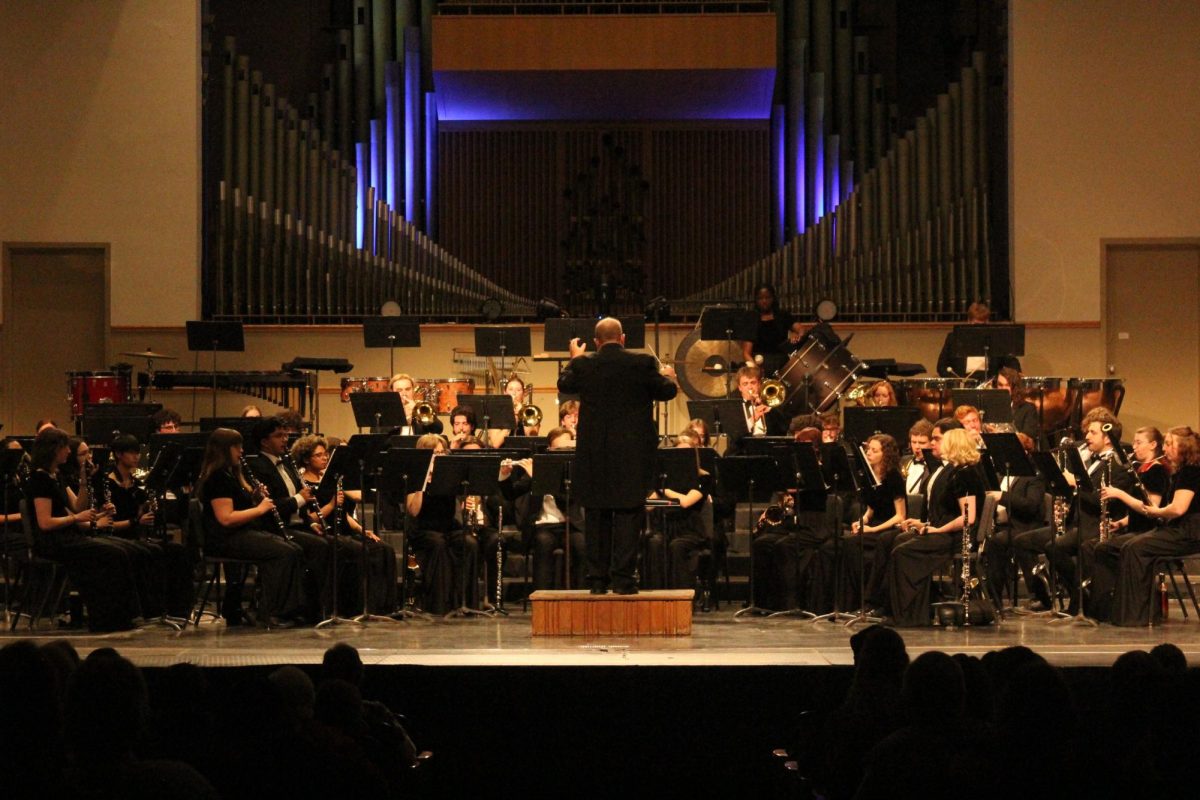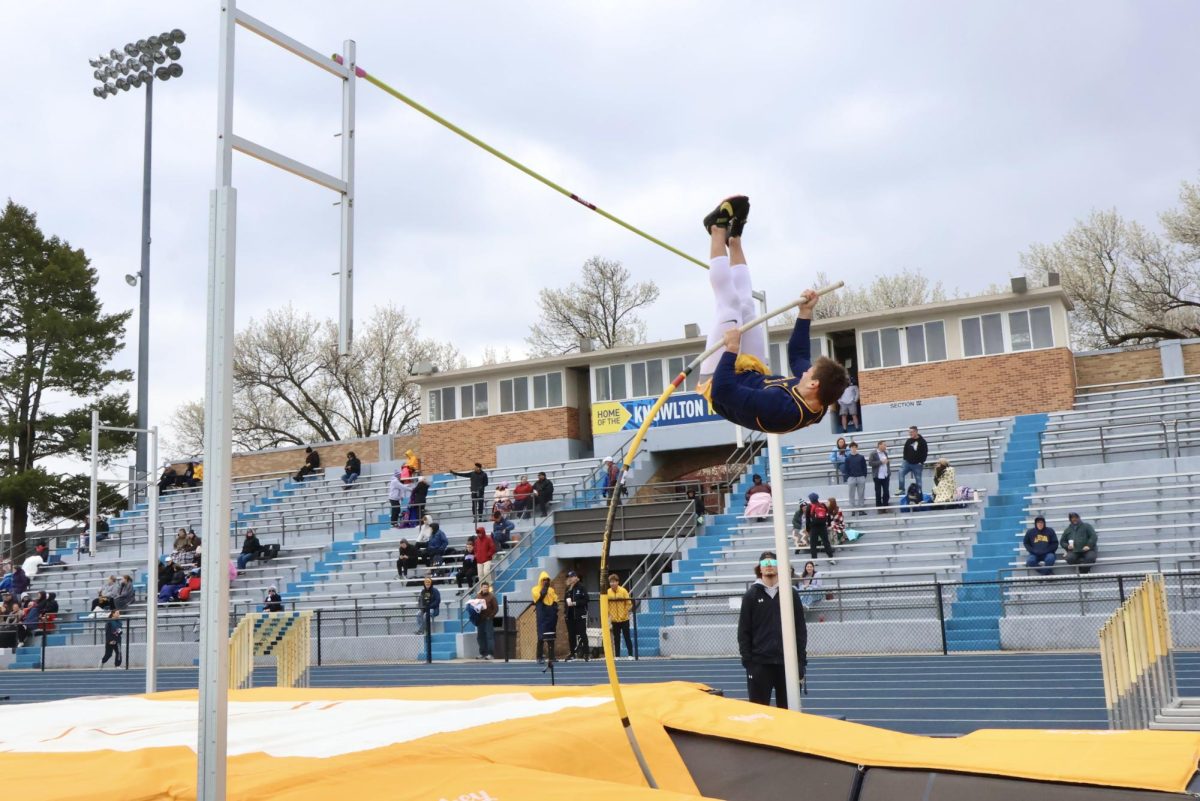International students face obstacles working on-campus jobs
May 13, 2022
When the majority of international students come to campus, the first job that they seek is the dining service student worker position, according to first-year Ethiopian student Beamlak Abdisa.
“I want to work in other places, too. But the only available work that I got right now is the dining hall. Before coming here, I didn’t even know what kind of jobs were available, but this one seems to be very popular,” Abdisa said.
Last year, the international student population at Augustana was 11 percent and they occupied 17.9 percent of on-campus jobs. According to the time clock report from last year, 40 percent of the job staff by international students are in dining service.
International students occupied 50.3 percent of the catering and dining service positions even though international students were only 11 percent of the student body.
There is nothing wrong with working in the dining service. Nevertheless, the disproportionate pull of international students of color holding on-campus labor positions deserves attention. International students are only eligible to work off-campus when it is an internship, and the internship must link with what they are studying.
“The dining hall is good, but working in other on-campus roles will give me more experience. For example, if I get a chance to work in the business office or in the admissions office, I will get more experience. I’m trying to double major in business and I think working in the business office, for example, would teach me better than the dining hall job,” Abdisa said.
According to Abdisa, one benefit of working in the dining hall is the understanding from staff when making student schedules.
“The reason I chose to work there [dining hall] is that the time fits my schedule. If I want to change my shift I can and it does not take much time. Working in the dining hall is very flexible and I’ve gotten very used to it right now,” Abdisa said.
Like Abdisa, many students work in the dining hall because it is flexible. When applying, students can choose to be on the subrequest or have a permanent work schedule.
With the sublist, students are allowed to pick an open shift whenever they have the time. Even with the permanent shifts, students are able to request a sub when they are not available and another student staff member who is available can work that shift for the day.
In addition to these benefits, there are also systemic factors that lead international students to predominantly seek employment in the dining hall.
Xong Sony Yang, director of international student and scholar services (OISSS), said that when international students arrive on campus, they are mandated to check-in to be properly registered.
OISSS staff informs immigration that the students have arrived on campus. The student also needs to apply for a Social Security number before they are allowed to work on campus. This process takes time, which means they can’t get a job right away.
“International students are federally mandated to report to the international office of their arrival with proper documentation. New international students do this during the first days of international student orientation. Students are then registered in SEVIS, an immigration database system, and are now in active status. CORE provides an employment letter which will then be used to apply for a Social Security number,” Yang said.
According to Yang, the problem is that the SEVIS system can take at least two weeks to communicate with the Social Security Administration office.
“When the systems do not properly communicate, the students’ active status is not recognized which means they cannot apply for a Social Security number,” Yang said.
According to Andy Shearouse, student employment coordinator, the time international students have to wait to get their Social Security number may leave them with limited job openings to apply to when they finally receive it.
“Many offices hire right at the start of the fall term, which makes sense for them — they need student staff as quickly as possible — but that means new international students may not be able to work until a month or more into the term. By that point, most positions have already been filled, leaving only the jobs that are almost always looking for students,” Shearouse said.
Senior Semhal Berhe from Ethiopia works in the C-store. She said she believes that a lot of international students work in the dining hall because of its accessibility.
“It is extremely easy to get a CSL job, and they always want workers. Also, that’s the quickest way to get a job,” Berhe said.
Sophomore Kien Dao, a student supervisor in the dining hall from Vietnam, said students can even secure a dining hall job before getting their Social Security number. However, they must receive their Social Security number in order to start work.
“You can apply for the job beforehand. They will put you on the list, and then as soon as you get your Social Security number, they’ll let you work right away,” Dao said.
According to Yang, one way OISSS has addressed or minimized the process of getting a Social Security number is by bringing the Social Security representative to campus. This happened in fall 2018 and spring 2019 but did not continue due to the COVID-19 disruption of in-person gatherings.
“We brought the Social Security Administration to Augustana College. This helped address students’ worries around going during class time, transportation and location issues, having proper documentation and calmed nerves,” Yang said.
Despite not having a Social Security representative come to campus this year, Abdisa said the help she received from the office eases the process of getting her documents.
“The school has helped me a lot. When we first got here, we didn’t know anything about Social Security. We don’t even have that kind of thing in our country. So they told us all the information we needed. My whole experience was very easy because the Social Security office is not even that far from here,” Abdisa said.
Similarly, Dao said it was easy to get his Social Security number because he received sufficient information from the office.
On the other hand, Berhe said that her experience getting her documents was frustrating, and from what she remembers, they did not get detailed sessions from OISSS during their time.
“Oh my god. It was really hard. I remember. It was just so hectic,” Berhe said. “We didn’t have a car and it was a rainy day and we had to walk all the way there. And then when we went there, I think they told us to bring one more paper. We had to go back home and then come back another day. I think we got our Social Security after two to three weeks.”
Berhe also said she encourages her peers to apply for more competitive job positions as she observes that they do not usually do so.
“I feel like they need to be more competitive. To be honest, I sometimes want to blame Augie for just making international students work in the CSL, but there’s like a lack of competitiveness among international students,” Berhe said
Dao said he has always worked in the dining hall. According to Dao, he was not interested in applying to other jobs because they are not as stable.
“For the admissions office or touring, some weeks you have to work or some weeks you don’t. It’s not guaranteed. ITS is guaranteed, but the same two hours per day, and it is very uncomfortable for my schedule. For tutoring, you only get money when people request tutoring. I want something more stable and here [the dining hall] is one of the [most] stable places I could find,” Dao said.
According to Yang, another aspect that might affect international student employment is navigating handshake and resume building.
“Handshake is a new system international students have to learn to navigate in order to fully apply for open positions. They are to upload resumes, search for open positions at Augie and then apply,” said Yang.
During international students’ orientation (ISO), references to CORE are included in students’ folders. These include CORE office location and hours and the services they provide, such as reaching out to update their resume or have a resume before applying for a job.
“Resumes/CV/Cover letters requirements differ from one nation to the next. In some nations, a profile picture, along with measurements of height, weight, the color of eyes, place of birth, ethnicity, glasses etc. are a requirement to appear on a resume,” said Yang.
“Over the years, CORE has offered several workshops that have called attention to OISSS, and the services that are offered greatly aid all students,” Yang said.
None of the students in the article raised concerns about employment bias.





































































































